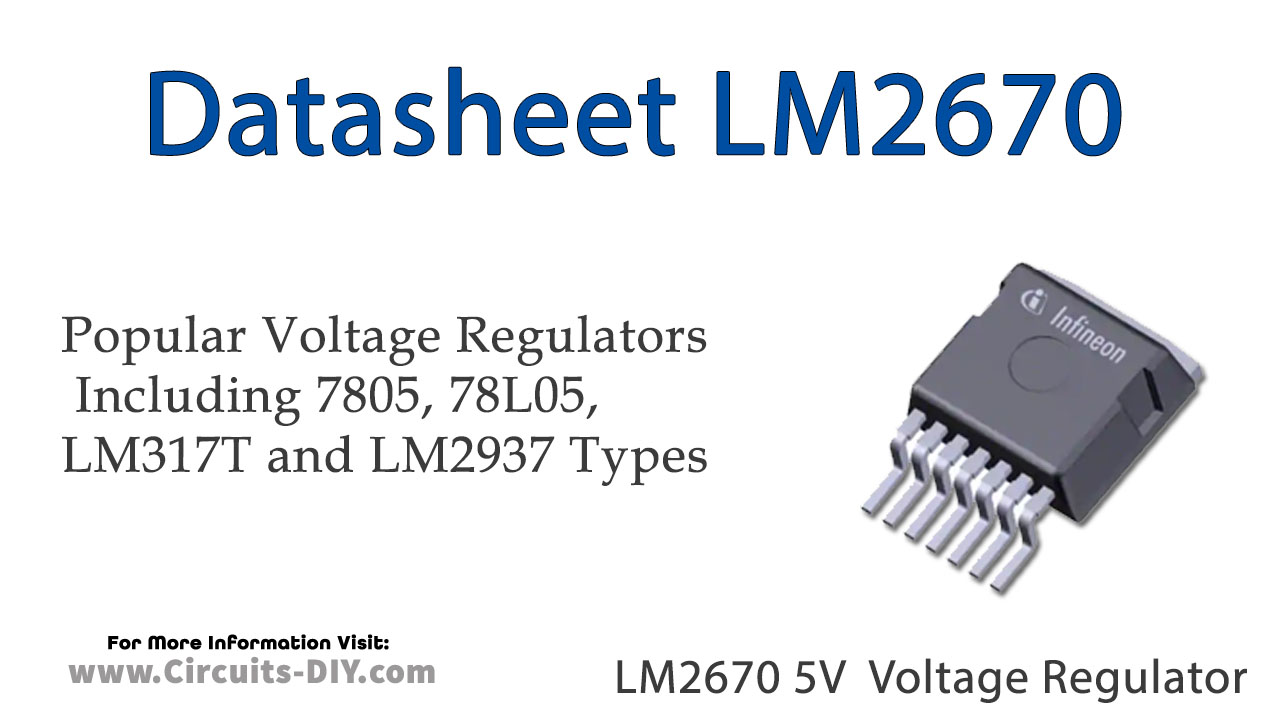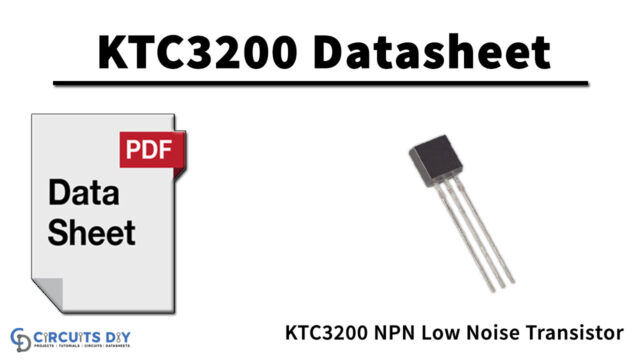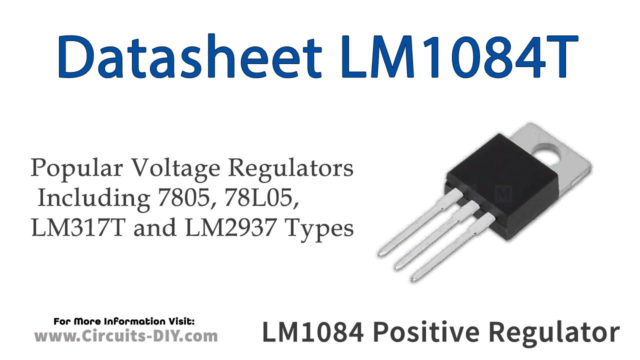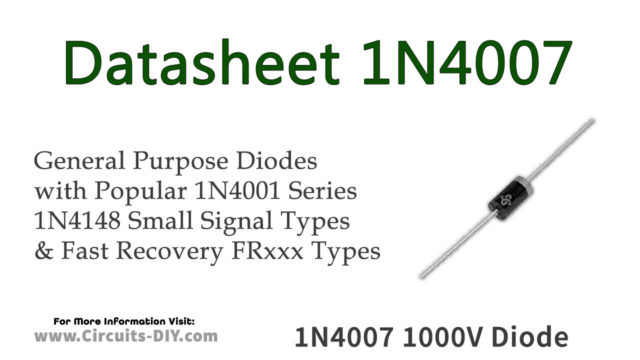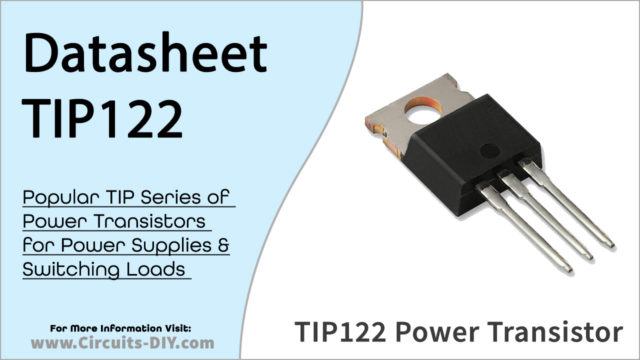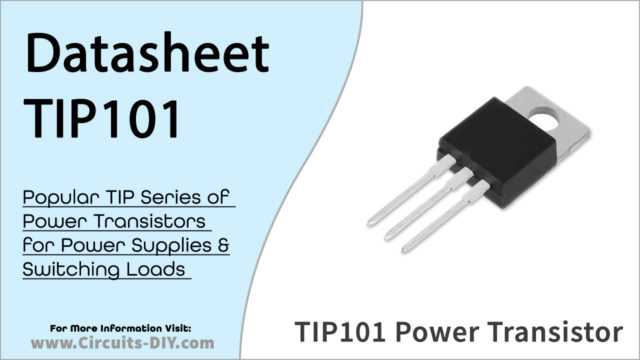The LM2670 regulator is a monolithic integrated circuit that provides all of the active functions for a step-down (buck) switching regulator capable of driving up to 3A loads with excellent line and load regulation characteristics. High efficiency (>90%) is obtained through the use of a low ON-resistance DMOS power switch. The series consists of fixed output voltages of 3.3V, 5V, and 12V and an adjustable output version. The simple switcher concept provides for a complete design using a minimum number of external components.
The switching clock frequency can be provided by an internal fixed frequency oscillator (260KHz) or from an externally provided clock in the range of 280KHz to 400Khz, allowing the use of physically smaller-sized components. A family of standard inductors for use with the LM2670 are available from several manufacturers to greatly simplify the design process. The external Sync clock provides direct and precise control of the output ripple frequency for consistent filtering or frequency spectrum positioning.
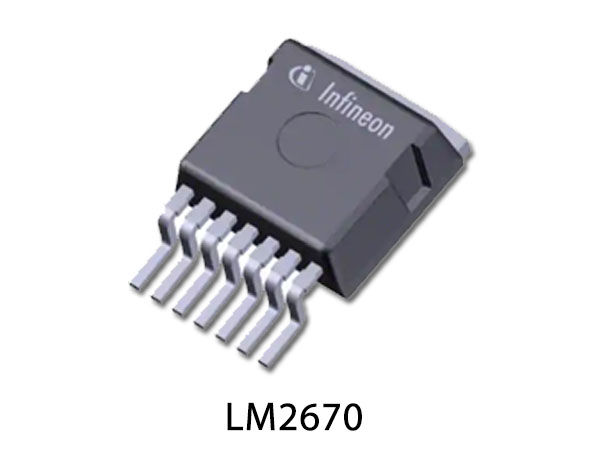
LM2670 Pinout
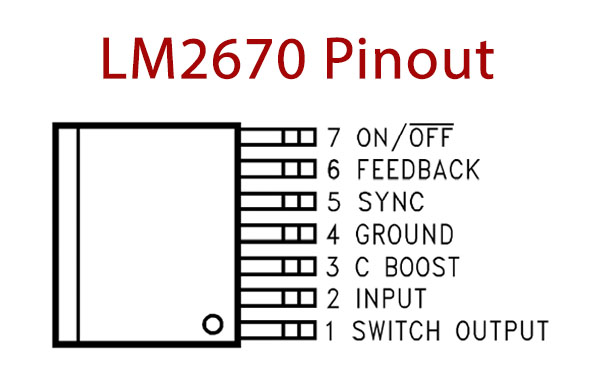
LM2670 Pin Configuration
| Pin No | Pin Name | Description |
|---|---|---|
| 1 | SWITCH OUTPUT | Switch Output Pin |
| 2 | IN | Input Pin |
| 3 | C BOOST | Capacitor Boost Pin |
| 4 | GND | Ground Pin |
| 5 | SYNC | Synchronous Pin |
| 6 | FB | FeedBack Pin |
| 7 | ON/OFF’ | On/Complement Off Pin |
LM2670 Key Features
- 150 mΩ DMOS output switch
- 3.3V, 5V and 12V fixed output and adjustable (1.2V to 37V ) versions
- 50µA standby current when switched OFF
- ±2%maximum output tolerance over full line and load conditions
- Wide input voltage range: 8V to 40V
- External Sync clock capability (280KHz to 400KHz)
- 260 KHz fixed frequency internal oscillator
- −40 to +125˚C operating junction temperature range
Application
- Simple to design, high efficiency (>90%) step-down switching regulators
- Efficient system pre-regulator for linear voltage regulators
- Battery chargers
You can download this datasheet for LM2670 5V 3A Step-Down Voltage Regulator with Sync – Datasheet from the link given below:

